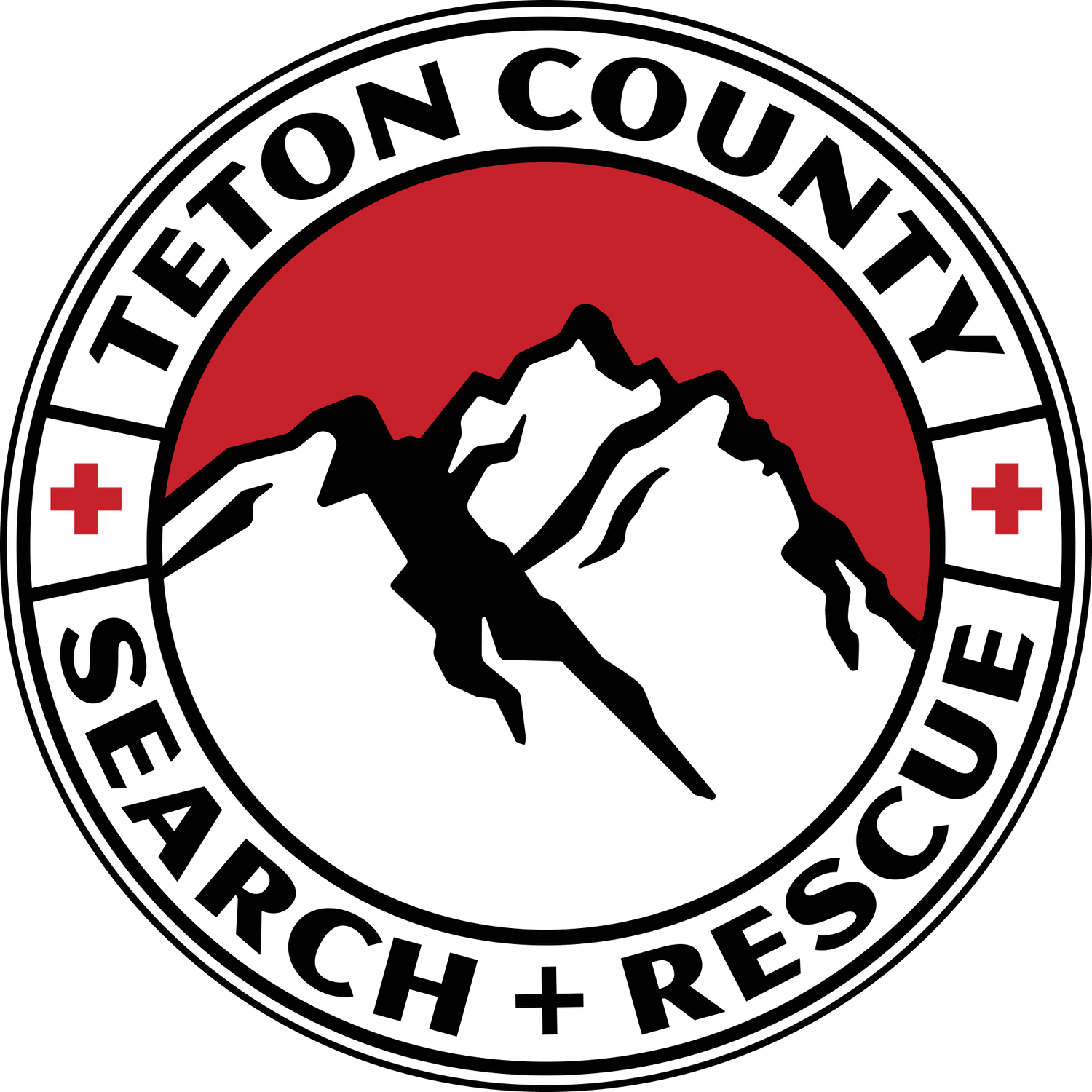Key to our helicopter program are the people who make it work. Over the next few weeks during our Heli-Yes! campaign, we'll highlight some of the men and women who volunteer on the short-haul team. First up is Will Smith, a native of Wheatland, Wyoming, and TCSAR volunteer since 2004. Smith has been on the frontline of the pandemic as an ER doctor at St. John's Health. He is also a father, a UAV-drone pilot (a skill he learned from his 14-year-old son), and a Colonel in the U.S. Army Reserves who served multiple deployments, including at the Al Asad, Ibn Sina/Baghdad ER in 2009, and Abu Ghraib in 2005-06. We are tremendously fortunate to have Dr. Smith among our ranks, both on the team in the community.
One of the best ways to support our volunteers like Dr. Smith is to make a donation to Heli-Yes! The program ensures expanded helicopter rescue service, and supplies the team with adequate professional training.
Photo: David Bowers
How has the pandemic affected you?
I've had to be careful and more aware of exposure from potential patients. I've also been activated with my Army Reserve hat to help support the federal and military response here in Jackson. I'm serving as the Branch Chief/Medical Director of EMS and Disaster Medicine for the U.S. Army Office of the Surgeon General - G34 Mission Assurance Office. Overall we have not seen the case load and severity as other areas of the country and world.
What motivated you to become a TCSAR volunteer?
I love being able to take my medical skills to patients in challenging environments. As well as when we are doing training and callouts, I get to hang out with all my SAR family!
Why did you want to join the short-haul team?
Short-haul was the natural extension to reach patients in even more remote/technical terrain and provide medical care. Being able to short-haul into the cardiac arrest rescue on Maverick up in Grand Teton National Park a few years ago was a career all-time life saved. Without all the links of the 'chain of survival' and our interagency SAR team skills with short-haul, early AED deployment, well trained personal, etc., the patient would not have lived. It is a pinnacle case of what short-haul allows us to do to save people in remote/technical environments. (Note: You can hear how this dramatic story unfolds in Episode 8—"A Maverick Rescue"—of The Fine Line podcast.)
How does someone become a short-haul team member?
There are several factors that the SAR board evaluates for short-haul team members. Some of the factors are availability, speciality skills (medical, technical skills, etc.), and experience.
What is the most challenging aspect of short-haul?
Managing all the technical components to the short-haul, ensuring 100% safety, while taking care of a patient.
Why do you think the community should support Heli-Yes?
It is able to save a life, as described above with the Maverick incident. Without short-haul, we would not have been able to access the patient so quickly, and with cardiac arrests, seconds count.
What music are you currently listening to?
My son has been on a reggae kick, so lots of that recently.
If you had to have one meal for the rest of your life, what would it be?
Chicken and Tofu Pad Thai, with 2 stars!

